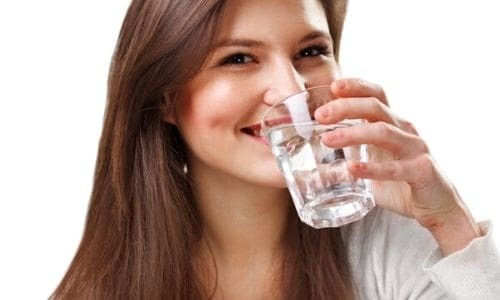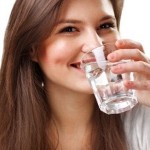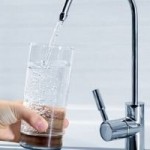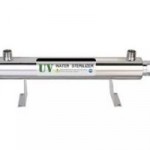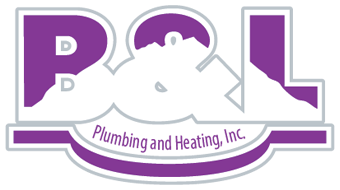Choosing the Right Water Filter for Your Home
During this time of great apprehension, the public is looking for any possible way to protect themselves against the spread of viruses and bacterias. One such way you can do this is through your water filtration system. A common form of water filtration is microfiltration.
Microfiltration is when water is forced to pass through a membrane designed to stop any contaminated fluid from also passing through. Such systems help eliminate harmful substances and bacteria from your water supply. The microfiltration process is then usually followed by ultrafiltration.
Ultrafiltration also uses a membrane to remove harmful particles, but usually of a smaller size than microfiltration. This article will dive deeper into these methods and help homeowners find the ideal filtration method to protect their home and family.
The Benefits of Ultrafiltration
 While microfiltration is useful, it only eliminates particles that are .1 micrometers in size or larger. While this is great for removing bacteria and harmful materials, viruses are smaller in nature and can still pass through the membrane.
While microfiltration is useful, it only eliminates particles that are .1 micrometers in size or larger. While this is great for removing bacteria and harmful materials, viruses are smaller in nature and can still pass through the membrane.Ultrafiltration uses a membrane that restricts the passage of substances that are .01 micrometers or larger. The smaller restriction size means that ultrafiltration is able to keep viruses as well as bacteria and other substances out of your water.
Ultrafiltration is a better choice if you want to catch all of the possibly harmful substances coming in through your water supply. The process is very helpful to ward off diseases such as Enteric, Hepatitis A, and Norovirus. Such viruses are known to be transmittable by water and usually have a devastating effect on anyone who catches them.
Using the Distillation Process
Along with using microfiltration and ultrafiltration to keep viruses and bacteria out, you can also make use of a distillation process. Distillation is a process that uses heat and condensation to separate particles in water. The water is brought to a boiling point in order to separate the other compounds from the water as it evaporates.
The vapor is then condensed and collected as the purified water is now separated from impure particles, such as some soil minerals. The distillation process has a high-efficiency rate at separating bacteria, such as E.coli or salmonella from water.

The distillation process is a great method to separate water from other compounds including bacteria. Many of the bacteria that are erased by distillation contribute to serious illnesses. For example, E.coli is a bacteria that is responsible for food poisoning but can also cause pneumonia and urinary tract infections. By using distillation, you are able to better protect against such illnesses.
How Do UV Treatments Work?
 Another useful water filtration method is UV water treatment. This process uses ultraviolet light to penetrate the water as it passes through the filtration system.
Another useful water filtration method is UV water treatment. This process uses ultraviolet light to penetrate the water as it passes through the filtration system.The UV rays attack the DNA of any present bacteria and stop their reproduction. These rays destroy over 99% of infectious bacteria and are an environmentally safe method to eliminate contaminants. UV treatments are chemical-free, taste-free, odor-free, and very effective.
UV treatments also require little energy and are low maintenance. Depending on your existing water quality and the types of impurities you’re looking to prevent, a professional plumber can assist you with the filter selection process.
About B&L Plumbing
B&L Plumbing has plumbing experts that serve the residents of Colorado Springs and surrounding areas. Run by those who’ve served the country, B&L Plumbing offers a range of services to help homeowners protect their homes. You can always contact them to learn more about your water filtration options.
